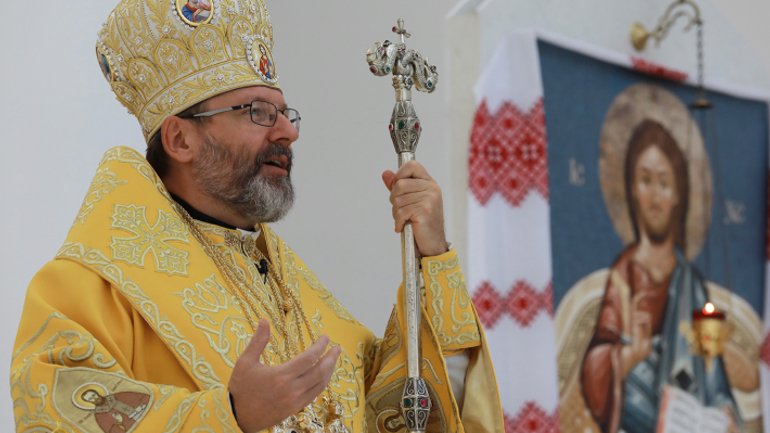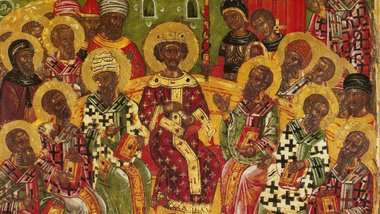Head of the UGCC: "Church Slavonic is the official liturgical language of the UGCC"

This is our liturgical matrix, which is the basis of all our other liturgical translations," the Primate added.
However, according to the Head of the UGCC, today the Church is trying to make the Liturgy as accessible and understandable as possible to modern man. That is why liturgical translations are being performed in the Church.
"We have several translations into Ukrainian and the next one is being prepared. I hope it will be better. We also translate the Liturgy into English, Spanish, Portuguese and other languages that are the languages of communication of our Church. After all, our Church has gone far beyond the Ukrainian ethnic context. Today we are a Church in which children of different nations and nationalities find themselves. However, the official liturgical language of our Church is Church Slavonic," he said. Therefore, in his opinion, it is necessary to keep symbols, signs of this tradition.
His Beatitude Sviatoslav gave an example from the time of his pastorate in Argentina. “We translated our Liturgy into Spanish and decided to leave some elements in this translation in Ukrainian to emphasize a certain connection. And our faithful liked it very much," the bishop said. He noted that our Church must pay attention to linguistic aspects in order to maintain unity between eparchies and communities in various parts of the world.
"I would not advise to burden the Ukrainian text of the Liturgy with Slavisms. But it is also not necessary to react painfully when an Old Slavonic word is heard in the Liturgy,” His Beatitude Sviatoslav added in conclusion.










